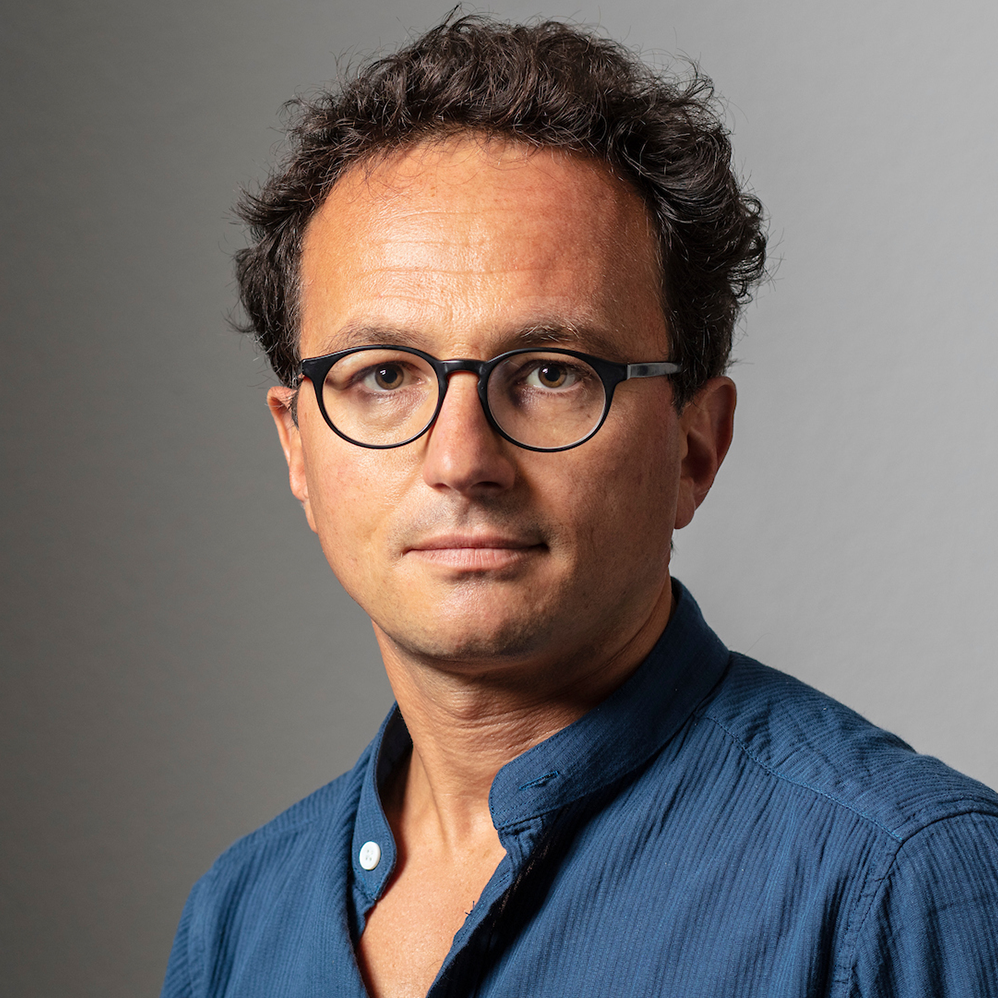
An exaggerated reaction to a real threat
The man responsible for dealing with the effects of the Chernobyl nuclear disaster in Switzerland’s worst hit region revisits what happened 30 years ago. (Carlo Pisani, swissinfo.ch)
At the time of 1986 disaster, Mario Camani was head of Sezione della protezione dell’aria dell’acqua e del suolo (SPAAS), the environmental protection office of the southern canton of Ticino.
Because of the meteorological conditions at the time of the disaster, Switzerland’s Italian-speaking canton was the most affected region in the country. High altitude winds brought toxic waste from Chernobyl to the area and heavy rains in the days soon after the disaster meant that radioactive materials were washed into the soil, contaminating foodstuffs.
As a physicist, Camani had had previous experience with radiation and soon after the nuclear disaster was appointed by cantonal authorities to lead a group to monitor soil contamination and the impact on food.
Camani was also responsible for keeping the public informed, a role that put him in the spotlight and affected his personal life since he was seen as the man with all the answers.
Contact the author of this story on Twitter @carlopisaniExternal link
















![The four-metre-long painting "Sonntag der Bergbauern" [Sunday of the Mountain Farmers, 1923-24/26] had to be removed by a crane from the German Chancellery in Berlin for the exhibition in Bern.](https://www.swissinfo.ch/content/wp-content/uploads/sites/13/2025/12/01_Pressebild_KirchnerxKirchner.jpg?ver=a45b19f3)












You can find an overview of ongoing debates with our journalists here . Please join us!
If you want to start a conversation about a topic raised in this article or want to report factual errors, email us at english@swissinfo.ch.